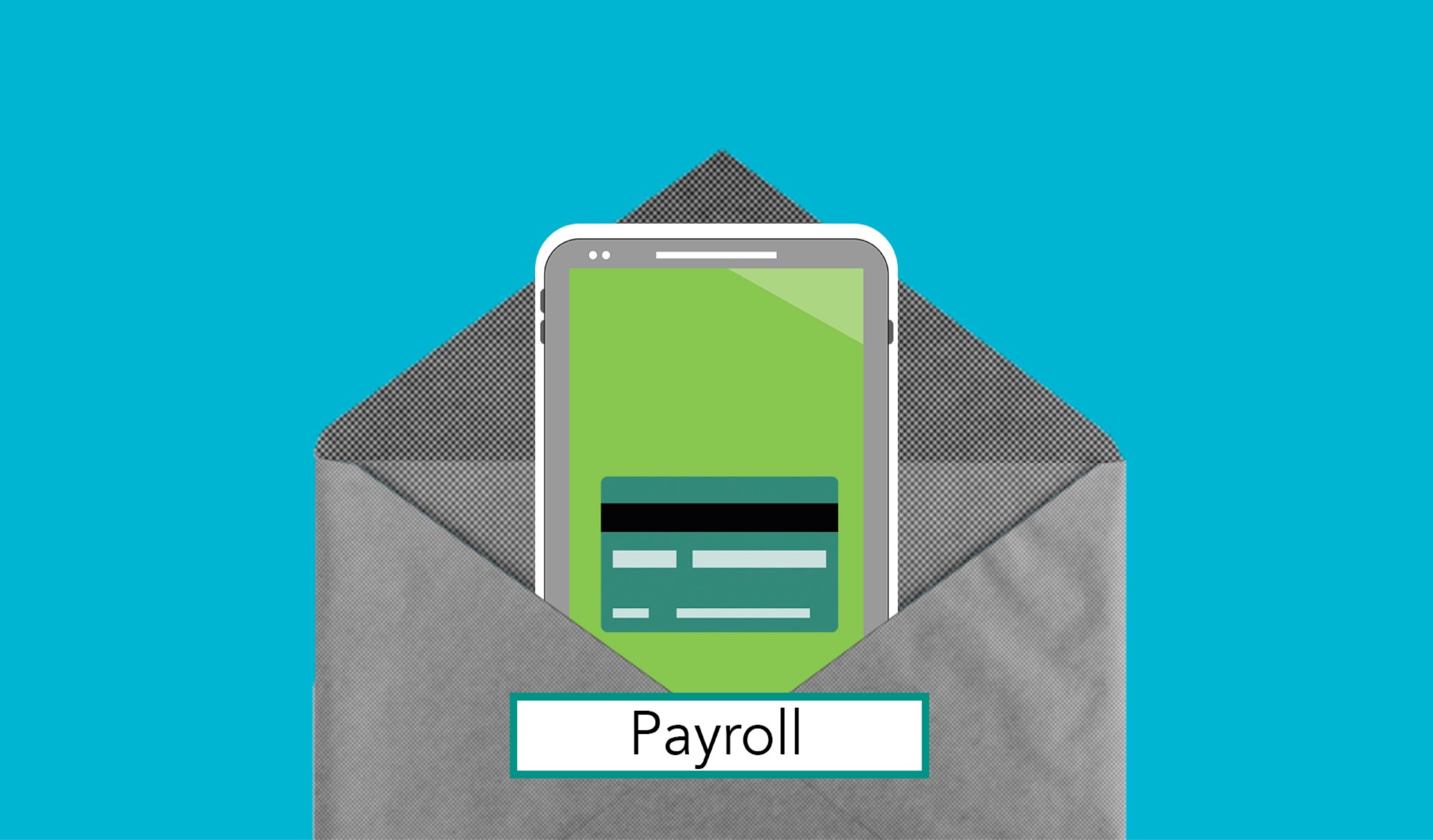
Table of Contents
Businesses aspire for growth, not only for sales and revenues but also in production scale and staffing size. However, many business owners don’t realize that expansion brings an immediate financial challenge: making your payroll on time every time.
This article discusses the challenges of making payroll when your business and staff grow and how payroll factoring can assist enterprises that are feeling the financial crunch that comes with rapid growth.
Payroll Factoring: How It Works and How It Benefits Businesses
A business can generate a steady stream of sales each month with all accounts receivables settled the day it issues invoices in a perfect world. But we don’t live in such a utopia, and unexpected events can happen that would force a business to stray from its spending plan. When such an event compromises payroll, it’s a problem that needs correcting asap.
Payroll factoring can be a solution. It is a funds acquisition strategy wherein a business sells unpaid invoices to a factoring company at a discount. The factoring company will give the business an advance of 75 to 96 percent of the sum of the invoice and take over the task of securing payment from the late-paying customer.
Suppose a business sells an invoice for $10,000 and a factoring company agrees to take it with an advance rate of 85 percent, a discount rate of 2.19 percent per month, and a reserve of $1,500. This means that the factoring company will give the business an advance of $8,500 and collect a fee of $219 for each month that the invoice is unpaid, capping at $1,500.
If the customer settles the invoice two months later, the factoring company gets $438 in fees from the $1,500 reserve. This leaves a balance of $1,062. The factoring company will pay this remainder back to the business.
What if the customer doesn’t pay the invoice? The terms will be agreed on beforehand between the business and the factoring company. However, if they entered a non-recourse factoring, the business will bear no financial responsibility even if the customer fails to pay their debt. The factoring company will shoulder all risks, including the losses of the unpaid invoice.
It is clear in this scenario that a business has so much to gain from payroll factoring, particularly non-recourse payroll factoring. Through it, a business can:
- Obtain working capital and improve cash flow in one to two days.
- Obtain the funds to pay their employees’ salaries on time and in full.
- Avoid legal action that may arise from frequent salary delays.
- Keep employee morale up and avoid untimely resignations.
- Keep high-value employees on payroll.
- Offer competitive salaries to attract highly-skilled and tenured employees.
- Have working capital to invest in new equipment and other assets to foster growth.
Causes of Payroll Delays
A period of organic growth is characterized by the natural expansion of your business premises and staff to make way for the increase in product offerings, customers, and then sales. Businesses can strategically achieve growth by tapping into new markets, acquiring another organization, evolving their business model, diversifying products and services, changing processes to increase productivity and efficiency, etc.
Growth equates to work, and that means hiring more people – specialists with extensive experience and knowledge of the business’s direction and who can take the company to that next milestone.
This is when payroll problems may arise, especially for startups with limited working capital. Businesses must keep pumping resources towards operations to sustain growth, and if all goes well, the revenue will follow. But in the interim, when new offerings are still being developed and are yet to be sold, there are bills to be paid and a much larger workforce expecting their salaries on time. If a business loses control of its expenses, funds for payroll may fall short.
Another scenario that might result in payroll troubles is when businesses are stuck waiting for clients to settle their invoices. It is customary in B2B deals to allow a 30, 60, or 120-day grace period for an invoice to be overdue. And although long payment terms foster good business relationships, it can put a business in a bind if its cash flow dries up and no payments are coming in.
There can be many other causes for a business to deplete its working capital: catastrophic events that require unplanned spending, unexpected machinery failures, economic and political upheavals, etc. Should any of these happen and compromise your cash flow, and if your payroll funds are affected, as a result, payroll factoring can be a solution to your financial woes.
Make Payroll On Time with Business Factors
Payroll factoring is an ideal solution for short-term cash flow problems. It can see a business through a difficult time and be the lifeline it needs to keep running long enough to see the next pay cycle. In addition, since businesses aren’t technically borrowing money (they are instead getting an advance to the payments they haven’t received yet), they are less likely to fall into debt or suffer a demerit in their credit score through factoring.
Look no further for a reliable factoring company with enough reserves to solve your payroll problems. Business Factors & Finance was founded by 40-year-old factoring institutions and is a trusted name for working capital loans. We offer factoring options to businesses of all sizes and industries. So if you have cash flow issues, rest assured that we have a solution for you.
Call us at 800-672-3844 or send an online application to get started.

Improve Your Cash Position
Get a Risk-Free quote from Business Factors for immediate working capital and 24/48 hour invoice factoring

 Since 1991 I specialize in Invoice Factoring, PO financing and ABL facilities. I currently work internationally with companies in the US and Canada via our internet marketing division. Specialties: Accounts Receivable Factoring and Payroll Funding for Manufacturing, Oil & Gas, Telecommunications, Wholesale Trade Distribution, Staffing and Transportation. I always enjoy helping companies rise to the next level of success.
Since 1991 I specialize in Invoice Factoring, PO financing and ABL facilities. I currently work internationally with companies in the US and Canada via our internet marketing division. Specialties: Accounts Receivable Factoring and Payroll Funding for Manufacturing, Oil & Gas, Telecommunications, Wholesale Trade Distribution, Staffing and Transportation. I always enjoy helping companies rise to the next level of success.
